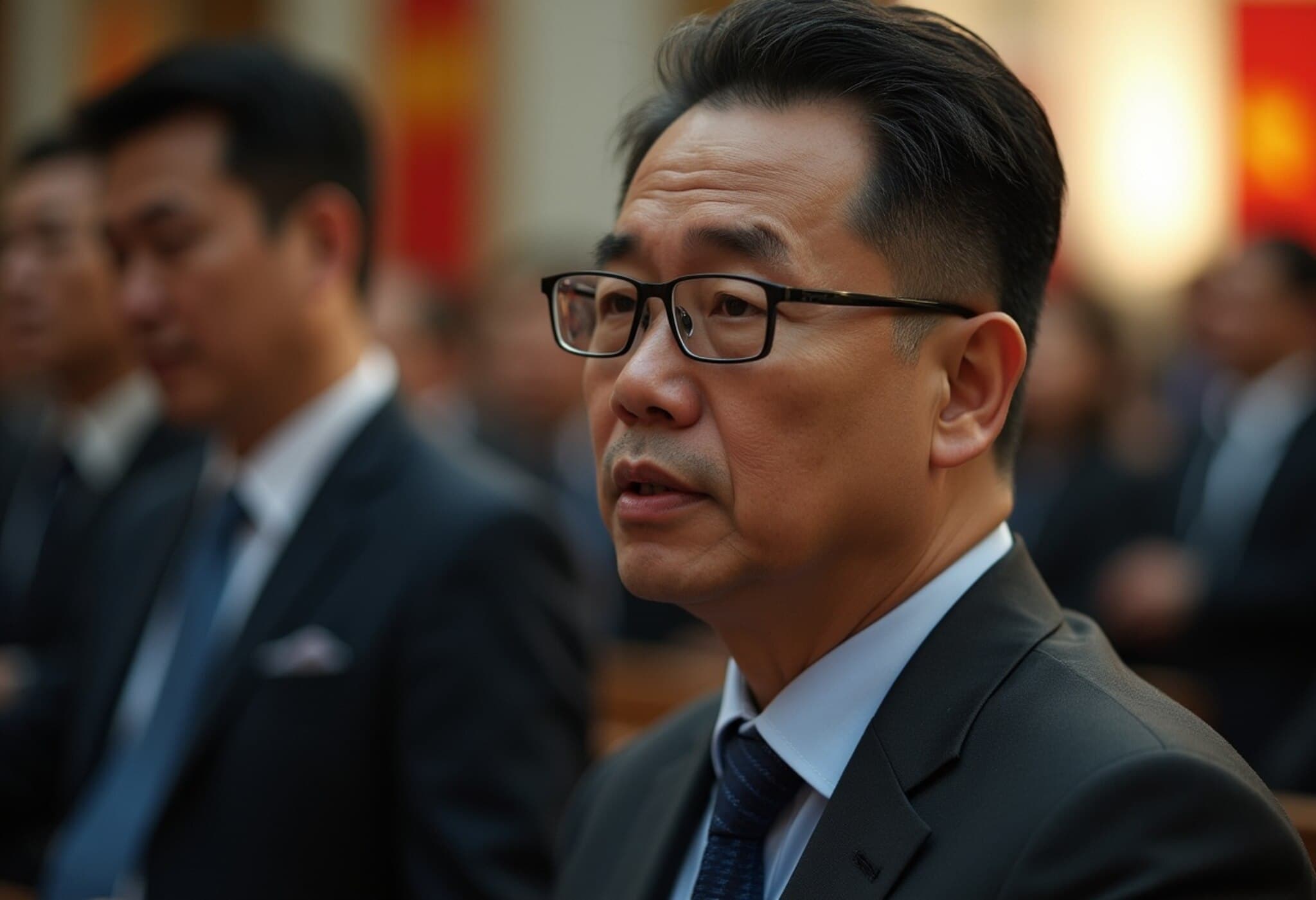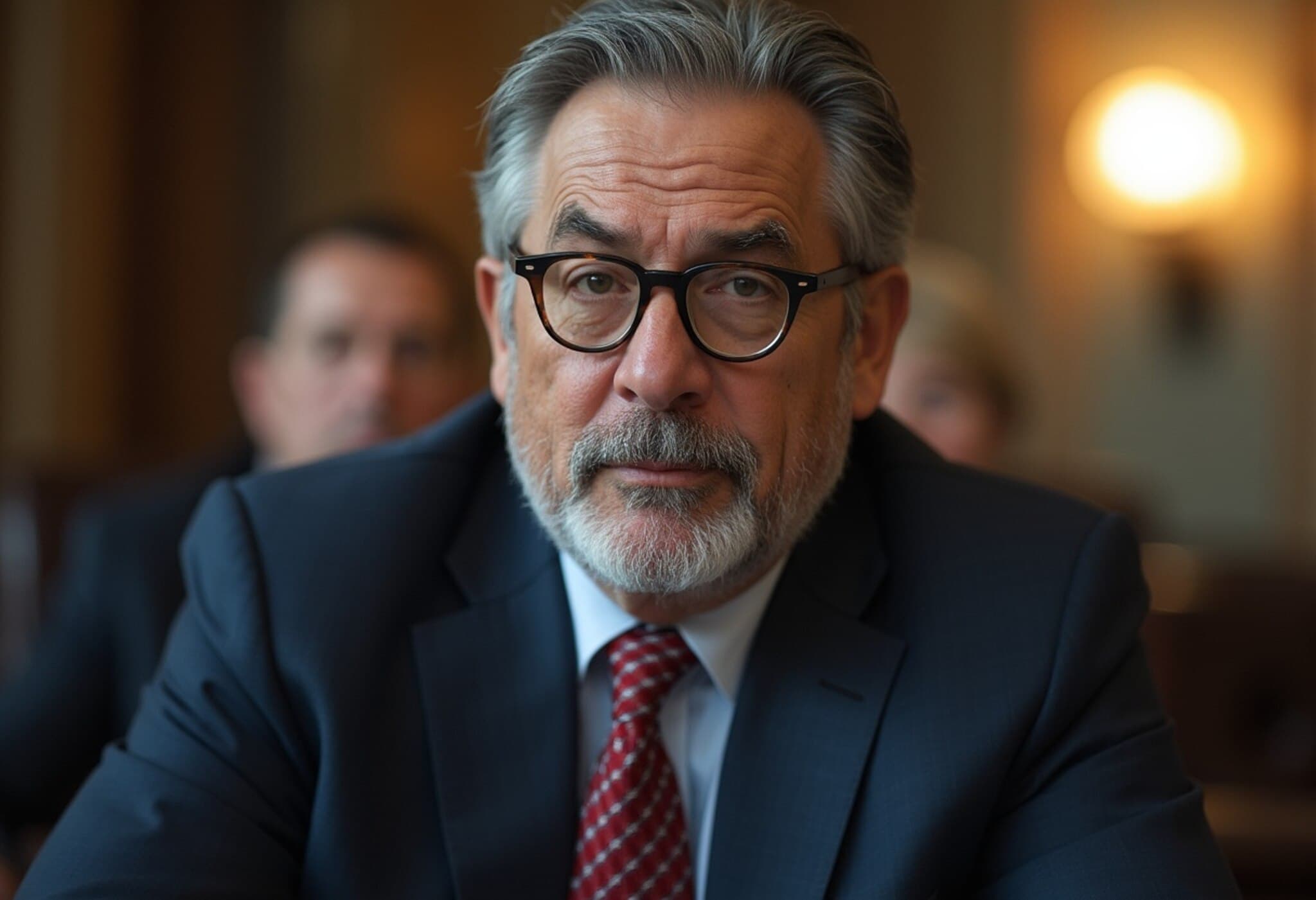Vietnam Abolishes Death Penalty for Eight Crimes
In a landmark legal reform, Vietnam has officially removed capital punishment as a penalty for eight criminal offenses. This move marks a significant shift in the country’s judicial approach and could save the life of a prominent real estate tycoon currently on death row.
Key Crimes Removed From Death Penalty List
The amendments eliminate the death sentence for crimes including:
- Attempting to overthrow the government
- Damaging state infrastructure
- Producing and selling counterfeit medicine
- Starting wars
- Spying
- Drug trafficking
- Embezzlement
- Bribery
Following this reform, the death penalty will only apply to ten serious crimes such as murder, child sexual abuse, treason, and terrorism.
Impact on High-Profile Financial Fraud Case
Among those affected by this change is Truong My Lan, the 67-year-old chairwoman of the real estate firm Van Thinh Phat. Lan was sentenced to death for orchestrating a massive financial fraud worth $12.5 billion, roughly 3% of Vietnam’s 2022 GDP.
Her lawyer confirmed that Lan is now eligible for a sentence reduction or exemption from the death penalty under the new law. However, any official sentence adjustment is pending further instructions from the legal authorities.
Until July 1, 2025, all death sentences for the specified crimes that have not been carried out will be commuted to life imprisonment upon review by Vietnam’s highest court. For Lan, this means the possibility of life imprisonment without parole instead of execution.
Ongoing Trials and Broader Legal Implications
The reform is expected to influence other major cases currently before the courts. For instance, the chairman of Phuc Son Group, an infrastructure and real estate development company, faces allegations of bribery exceeding $5 million related to securing infrastructure contracts across several provinces. Under the revised legal framework, death sentencing is no longer an option in such corruption cases.
This progressive change reflects Vietnam’s efforts to recalibrate its criminal justice system, potentially reshaping outcomes for numerous high-profile defendants.













